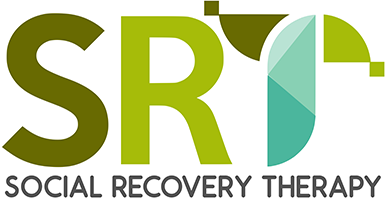Young people’s experiences of Social Recovery Cognitive Behavioural Therapy and treatment as usual in the PRODIGY trial
Brioney Gee, Caitlin Notley, Rory Byrne, Tim Clarke, Jo Hodgekins, Paul French, and David Fowler
Abstract
Aim
The PRODIGY trial is an ongoing randomized controlled trial of Social Recovery Cognitive Behavioural Therapy (SRCBT), a new intervention designed to improve social functioning in young people at risk of long‐term social disability due to severe and complex mental health problems. The aim of this qualitative sub‐study was to understand trial participants’ experiences of SRCBT and the control condition, treatment as usual.
Methods
Trial participants were aged 16–25 years with socially disabling severe and complex mental health problems. A purposive sample of trial participants took part in in‐depth qualitative interviews which were transcribed verbatim and analysed thematically.
Results
Participants from the SRCBT arm valued the relationship with their therapist, the flexibility of intervention delivery and the cognitive and behavioural techniques taught. They viewed SRCBT as challenging but worthwhile. Participants from the treatment as usual arm reported receiving little support, both prior to and during their participation in the trial. Participants from both arms valued opportunities to talk about their difficulties during trial participation. Increased activity was an important goal of participants from both arms and most expressed high motivation and little hopelessness.
Conclusions
Currently available services do not meet the needs of some young people with socially disabling mental health problems. Motivation to change appears high at this early stage of disorder, supporting the potential value of intervening early to prevent longer term social disability. SRCBT was well accepted by participants and so is a promising intervention to meet this objective.
